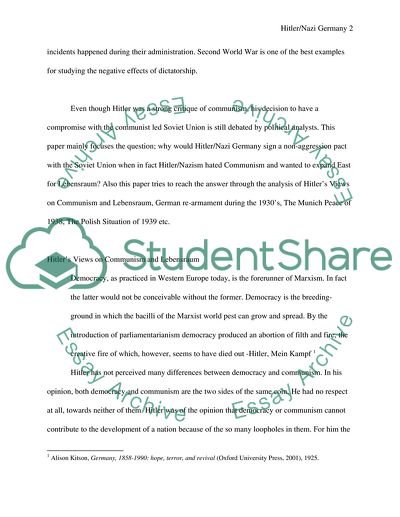Cite this document
(Hitler/Nazi Germany and the Non-aggression Pact with the Soviet Union Essay, n.d.)
Hitler/Nazi Germany and the Non-aggression Pact with the Soviet Union Essay. Retrieved from https://studentshare.org/history/1727159-research-paper-1
Hitler/Nazi Germany and the Non-aggression Pact with the Soviet Union Essay. Retrieved from https://studentshare.org/history/1727159-research-paper-1
(Hitler/Nazi Germany and the Non-Aggression Pact With the Soviet Union Essay)
Hitler/Nazi Germany and the Non-Aggression Pact With the Soviet Union Essay. https://studentshare.org/history/1727159-research-paper-1.
Hitler/Nazi Germany and the Non-Aggression Pact With the Soviet Union Essay. https://studentshare.org/history/1727159-research-paper-1.
“Hitler/Nazi Germany and the Non-Aggression Pact With the Soviet Union Essay”, n.d. https://studentshare.org/history/1727159-research-paper-1.


